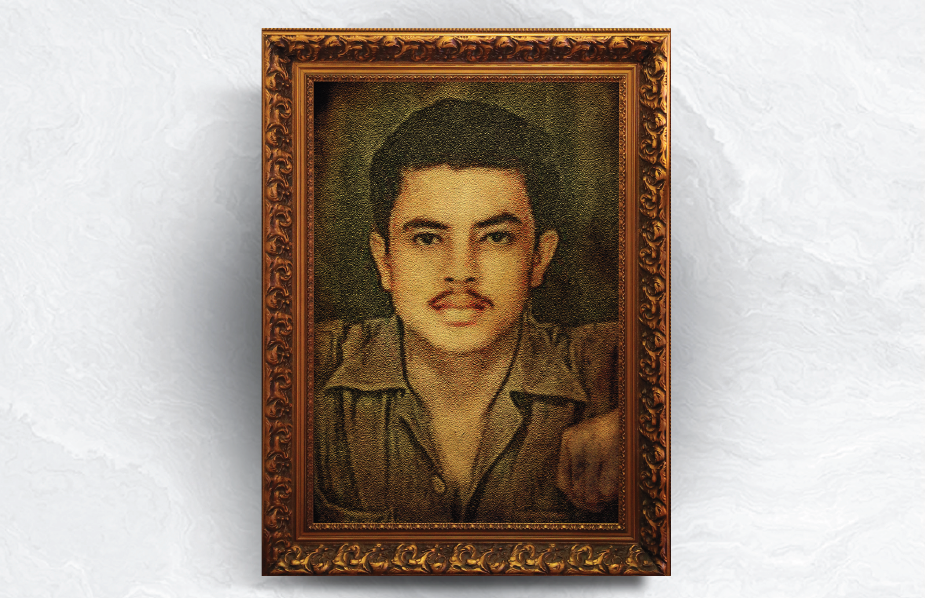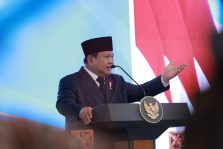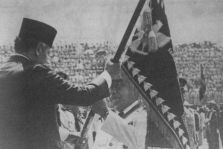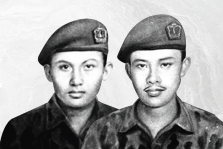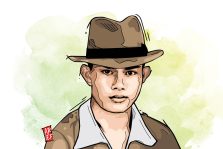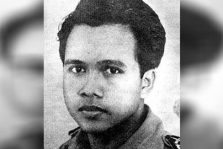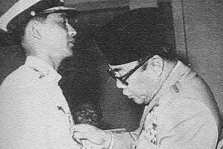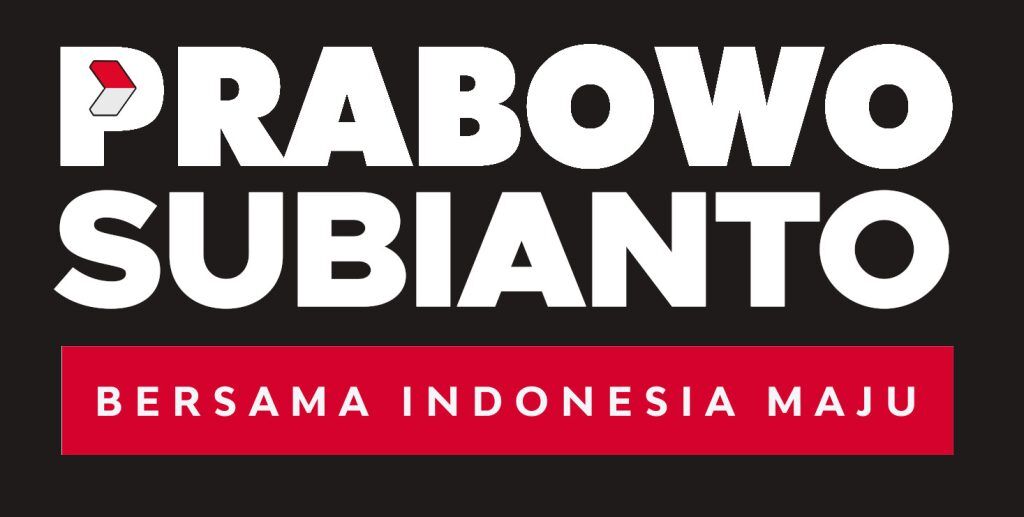By: Prabowo Subianto [taken from the Book: Military Leadership Notes from Experience Chapter I: Exemplary Leaders of The Indonesian Armed Forces]
Robert Wolter Mongisidi moved to Makassar, South Sulawesi, from his hometown in Malalayang, Manado, North Sulawesi, after the proclamation of independence on August 17, 1945. In Makassar, he was shocked to see that the recent independence of the Indonesian nation had already been threatened. The Dutch troops returned as the Netherlands Indies Civil Administration (NICA) to reclaim their hold of Indonesia.
Inevitably, such aggression made the blood of this former teacher boil, and he decided to take part in the struggle to maintain Indonesia’s independence in his teenage years. Robert Wolter Mongisidi helped form the Indonesian People’s Rebel Army of Sulawesi (LAPRIS) on July 17, 1946.
Despite his young age, the courage of the youth that was born on February 14, 1925, had already been tested. Several times he had participated in the war against a better-armed NICA. This experience made him a credible leader of LAPRIS, and he led his forces to put pressure on the Dutch troops in Makassar and surrounding areas.
One of his famous actions was when he stopped a Dutch military jeep with three of his men. Mongisidi pointed a gun at the head of the only person in the car who was a captain. The captain’s uniform and rank were stripped, and Mongisidi wore them. Mongisidi took over the car. Mongisidi then drove it towards the tangsi (Dutch military barrack). Unrecognisable, they made it into the enemy’s camp. The atmosphere suddenly got boisterous when Mongisidi pointed his rifle at the tangsi area, and the inhabitants of the camp panicked, dispersed, and fled to safety in all directions.
Another heroic action of Mongisidi took place throughout the third week of January 1947. His troops engaged in gunfire with the Dutch and managed to repel the opponent. A few days later, there was another shootout. Mongisidi was almost caught but escaped.
Such success riled the Dutch, and they staged several massive raids to capture him. On February 28, 1947, he was captured and imprisoned. But on October 27, 1947, he managed to escape, and Mongisidi immediately began attacking Dutch outposts again. A year later, Mongisidi was arrested for the second time and then tried in a Dutch court in Makassar.
He vigorously acknowledged the allegations as a rebel leader. When he became a witness in the trial of his friends who were also arrested and tried, he stated that what was accused of to them was his responsibility by saying: “They did everything on my orders, so I am responsible for everything.”
In the last hearing, on March 26, 1949, the judge handed the death penalty to Wolter Mongisidi, which was to be held on September 5, 1949. The decree was immediately approved and signed by him. Although the Dutch often persuaded Mongisidi to cooperate, he always firmly refused.
Mongisidi’s approval meant that he would not ask for forgiveness. He once said to Dr. Soumokil, the Dutch Minister of Justice: ‘Punish me by death; otherwise, I will kill you first.’ He also said to the firing squad members during the execution of his death penalty: ‘Perform your duty, and shoot appropriately.’ And after the execution, he was buried in a shallow hole. In the bible that Wolter Mongisidi used as a pillow, a handwritten piece of paper was found that read: ‘Loyal until the end in my faith’.
Robert Wolter Mongisidi, while waiting for the execution of his death penalty, expressed many of his views in his letters to his family and friends. Some of his outstanding views are as follows:
‘All the tears and blood that have been shed will be to build a solid foundation for our beloved land, Indonesia.’ (Letter to Nina and her family dated June 7, 1949.)
‘Don’t be afraid to look at the future; I’ve paved the way even though I haven’t spent all my energy.’ (Letter to her sister Marie dated September 3, 1949.)
Robert Wolter Mongisidi showed that he had a strong personality. A personality of bravery and a sincere spirit of sacrifice, despite his short lifespan of 24 years. He underwent capture at the hands of the Dutch, an unfair trial, physical and psychological torture, and, ultimately, the death penalty. At no point did he lower his chin or show a sign of being scared.
He proved himself to be a selfless leader and had loyalty to his men and friends by taking the overall responsibility for the accusations and threats aimed at them.
The attitude and actions of Robert Wolter Mongisidi have given the next generation of Indonesians a legacy of leadership values and standards. He dared to sacrifice everything for his nation’s honour and glory. Such devotion has become the foundation for the self-esteem and pride of the next generations of national leaders.

